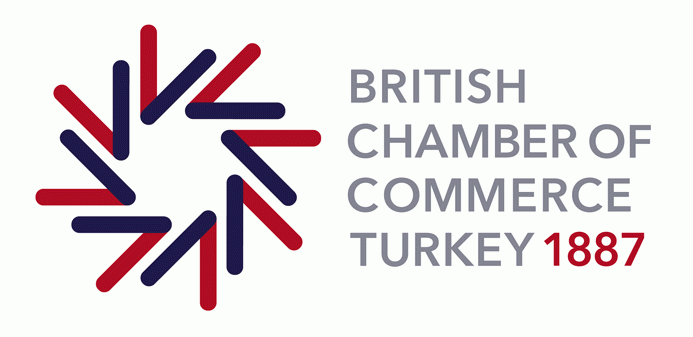WTO moves closer to full implementation of trade facilitation agreement
21 June 2018
A total of 63 updates from World Trade Organisation (WTO) members on their timetables and needs to implement the Trade Facilitation Agreement (TFA) were welcomed at the organisation’s May meeting.
The updates, made to the WTO Committee on Trade Facilitation, were discussed as part of moves to accelerate efforts to ensure that the TFA is fully implemented as quickly as possible.
The WTO secretariat reported that 136 members had completed their FTA ratification process, the equivalent of 83 per cent of WTO members.
Since the last meeting, 14 more members had submitted instruments of acceptance of the TFA. These were: Antigua and Barbuda, South Africa, Indonesia, Israel, Central African Republic, Argentina, the Plurinational State of Bolivia, Barbados, Namibia, Djibouti, Papua New Guinea, Cuba, Benin and the State of Kuwait. Several more are in the advanced stages of preparation.
The meeting heard that overall there had been a steady increase in levels of commitment to the TFA with the current implementation rate standing at 59.7 per cent.
Broken down by levels of national development, this represents a 100 per cent implementation rate by developed members, 58 per cent among developing members and 21.2 per cent among least developed countries.
The TFA aims to accelerate the movement, release and clearance of goods across borders, creating a new phase for global trade facilitation reforms and boosting commerce and multilateral trade worldwide.
According to a 2015 study by WTO economists, full implementation of the TFA will cut members' trade costs by an average of 14.3 per cent, with developing countries having the most to gain.
The TFA will also reduce the time needed to import goods by more than one-and-a-half days and to export goods by almost two days, a reduction of 47 per cent and 91 per cent respectively over the current average.
Implementing the TFA is also expected to help new firms export for the first time. Once the TFA is fully implemented, developing countries are predicted to increase the number of new products exported by as much as 20 per cent, with least developed countries (LDCs) likely to see an increase of up to 35 per cent.
Follow Chamber International on Twitter @ChamberInt and on Facebook for the latest in international trade.



